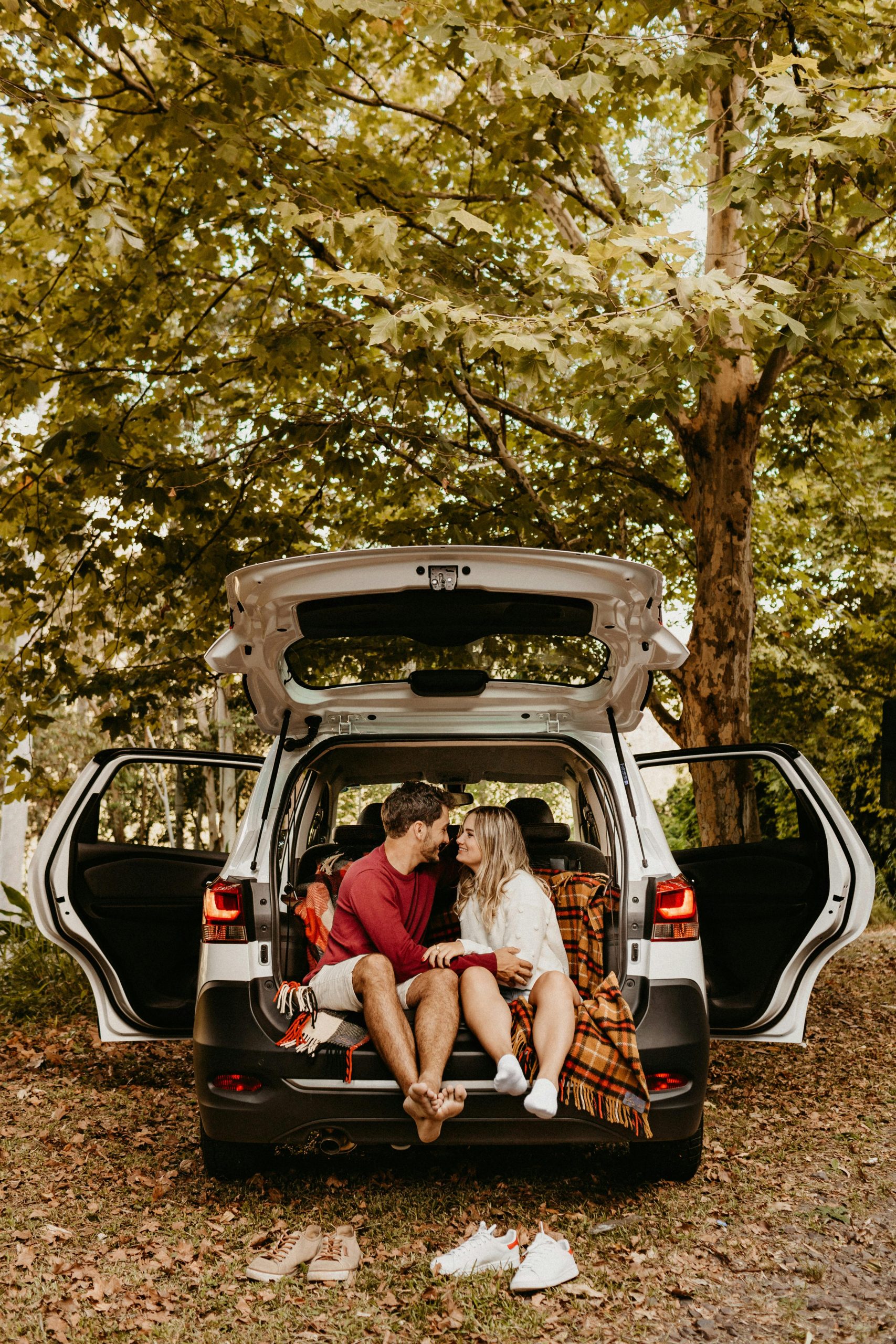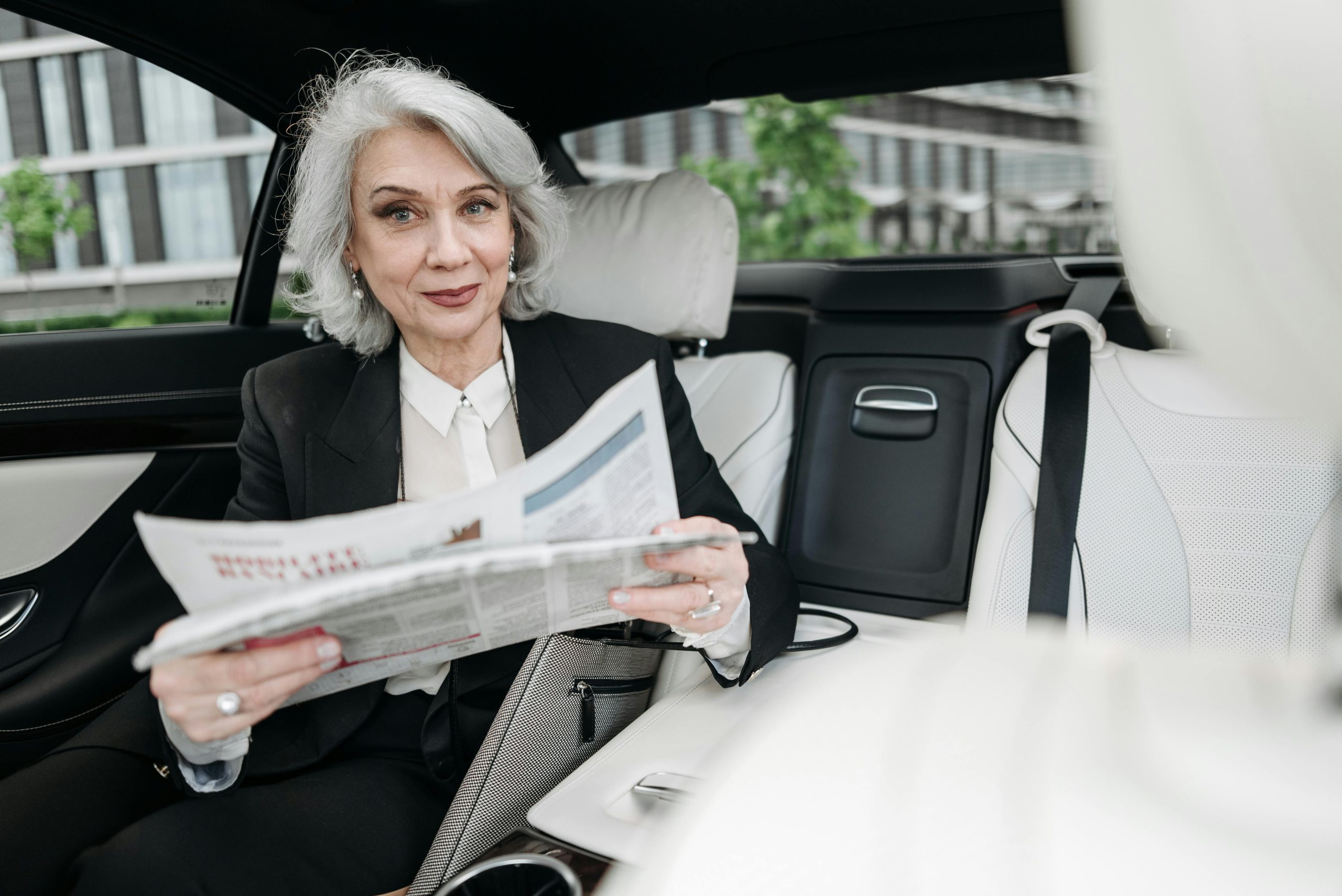Understanding Vehicle Collisions in Private Driveways: Insurance and Liability Insights
Handling Unexpected Vehicle Incidents at Home
Living in the suburbs often means sharing our private spaces with the vehicles we cherish. But what happens when two parked cars end up colliding in your own driveway? This scenario can be both surprising and stressful, especially when it involves questions of liability and insurance coverage. Let’s explore the nuances of such incidents, using a recent real-life example, and provide guidance on how to navigate the situation.
Case Overview
Imagine you’re a single individual, engaged and residing with your partner and her son. One day, your 2017 Ford Expedition, parked in your driveway, becomes involved in an accident with another parked vehicle. The other vehicle, a vintage 1974 Ford F100 truck belonging to your partner’s son, was also parked and temporarily unoccupied as he exited. As he closed the truck’s door, it unexpectedly rolled backward, striking your SUV.
The damages are evident: your Expedition’s bumper, headlight, and other components are damaged, with an estimated repair value between $12,000 and $14,000. Meanwhile, the older truck sustains only superficial scratches.
Key Questions to Consider
- Who is liable? Is the vehicle owner responsible even if he was out of the vehicle when it moved?
- Will homeowners insurance cover the damages?
- Should the vehicle owner’s auto insurance be involved?
- What are the potential financial implications, considering previous driving history and insurance policy details?
- How should repairs be approached—full restoration or temporary fixes?
Liability and Responsibility
In situations where a parked vehicle starts moving without driver input, liability can be complex. Generally, if the vehicle was properly parked with the parking brake engaged, and it moved due to mechanical failure or external factors like gravity, fault may be less clear-cut. However, if the driver’s negligence—such as not ensuring the vehicle was securely in park—caused it to roll away, liability could fall on them.
In this case, since the son was outside of the vehicle but it started to roll on its own, questions about responsibility arise. Michigan law typically considers the vehicle owner responsible for damages caused by their vehicle, especially if it was improperly parked or lacked proper safety measures.
Insurance Implications
- Auto Insurance: Since the vehicle in question is insured and licensed, the owner’s auto policy is likely the primary coverage source for damages. Your insurance company may seek reimbursement through subrogation if they cover



